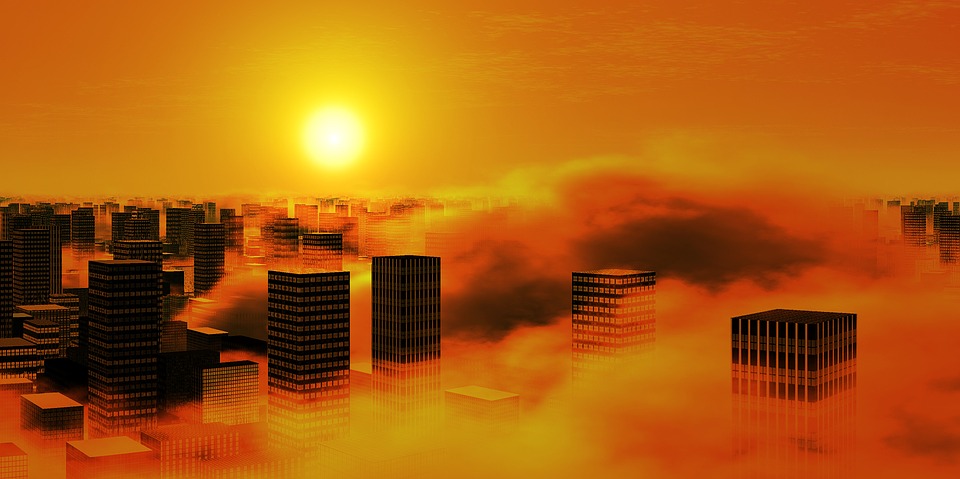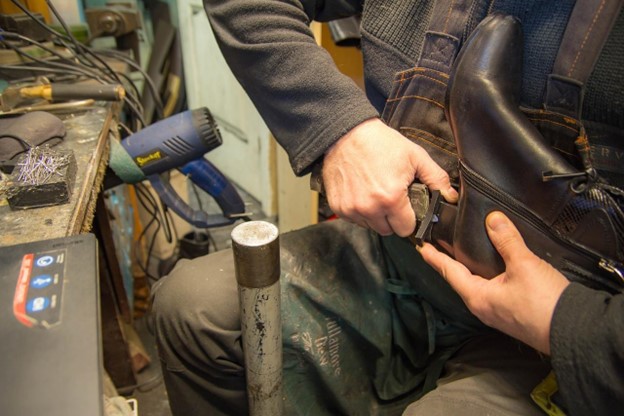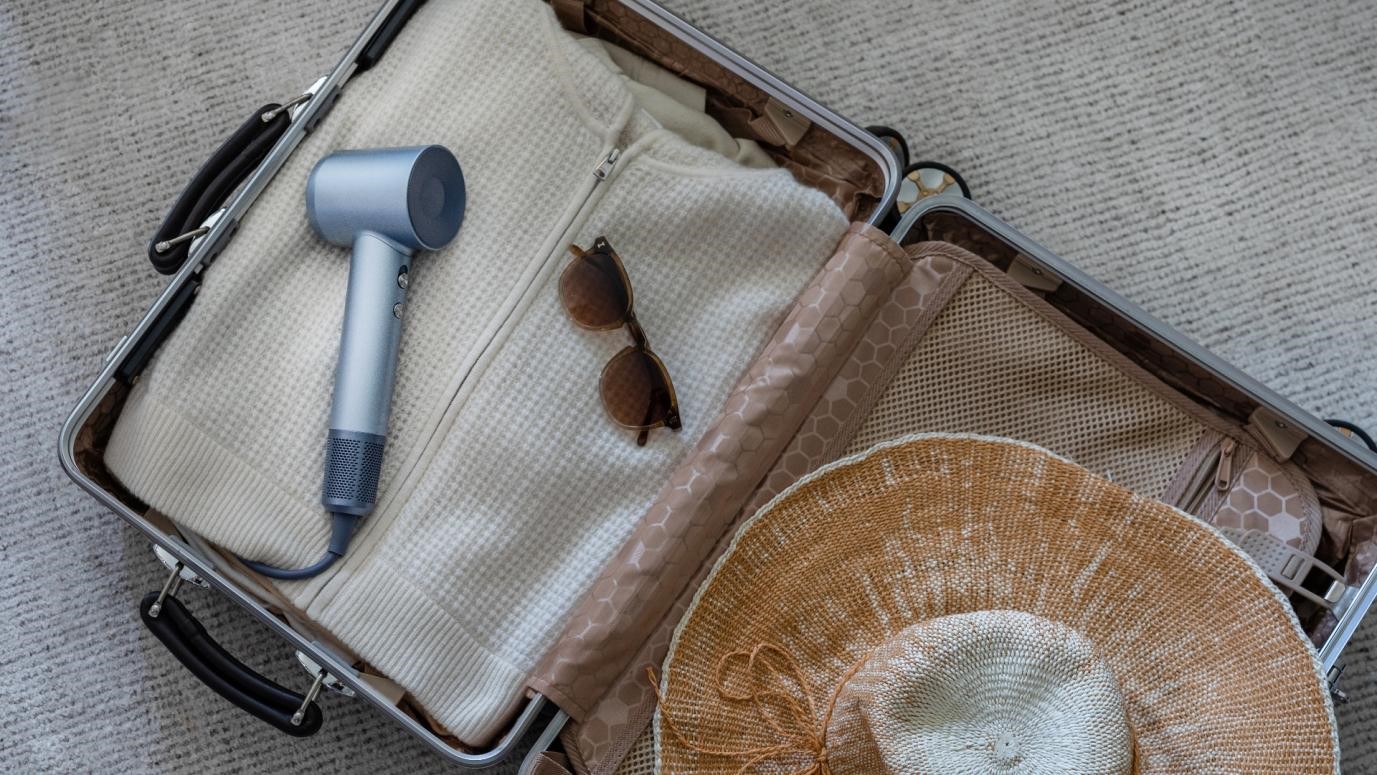Hidden dangers waft in the breeze, slowly collecting in our homes and workplaces. From irritating pollen to poisonous vapors, our modern world is far from fresh.
Many everyday household items release vapors into the air when used, dust, plant material, and pet fur also contribute to a blockage of airborne particles that can harm you and your loved ones. These seemingly innocuous particles are just the ones we can see; unimaginable amounts of matter are swirling around us at any one time.
Happily, most people can tolerate a bit of stuff in their noses and eyes, but it’s not ideal. For those unfortunate enough to be diagnosed with sinus problems or respiratory issues can suffer significantly in an environment in which the air is “dirty.” Even a rigorous daily vacuum can miss a large percentage of particles, meaning for some, a clean is not enough.
HEPA who?
If you want to tackle the problem of air quality in your home or office, consider an air purifier. Air purifiers use high-efficiency particulate air filters, or HEPA for short. HEPA filters ensure efficient airflow while trapping %99 of unwanted particles. HEPA filters are excellent in applications that demand max airflow and minimal pollutants, and as such, we see these filters in vacuum cleaners, air purifiers, and even some cars.
Some manufactures are now creating multipurpose devices with built-in HEPA filters. Appliances like this Dyson Heater/Cooler. These devices are perfect for those looking to keep comfortable and safe in any climate, all in one attractive package.
Smoke and filters.
Bushfire smoke has been a topic of worry for many people and rightly so. Particles from bushfire smoke can be as small as 2.5 microns in width, which is a quarter of the size of most pollen particles, this small size makes bushfire smoke one of the hardest challenges in keeping you home safe and clean. Air purifiers are a perfect solution for this nasty smoke, as HEPA filters are rated to filter out particulate as small as 0.3 microns.
What air purifier should you get? Consider your size, space, and amount of activity, and what features you want. Air purifiers are rated on the size of an area they can treat, so it’s essential to get the right sized machine for the job. If you are really concerned about bushfire smoke, look for a purifier with a PM2.5 readout, this reading can tell you the amount of particulate under 2.5 microns in your space.
To keep your air quality clear and your machine running effectively, you will need to replace your air purifiers filter once it has reached capacity. When placing the purifier, consider how easy it will be to change the filter. Depending on use, an air purifier’s filter should last around a year. These filters can cost upwards of $65.
The skeptic in me.
Ok, so we have covered air purifiers and touched on what makes them work and why they can keep your home fresh and healthy, are they worth it? Well, there’s no doubt that a HEPA filter will trap %99 of airborne particles, but they aren’t very good at capturing VOCs like the vapors from house paint. An air purifier does require a yearly maintenance cost in power and filters and generates background noise. These machines aren’t a cure-all for a dirty space and work best in conjunction with good hygiene habits.
Whether or not an air purifier is “worth it” depends on your situation. If you smoke cigarettes and work in a factory, it’s doubtful you will have any need for an air purifier. If you live right next to a dusty road or concerned about bushfire smoke, a HEPA filter equipped air purifier is well worth the peace of mind. If you suffer from allergies or asthma, an air purifier is an essential purchase.








Add Comment